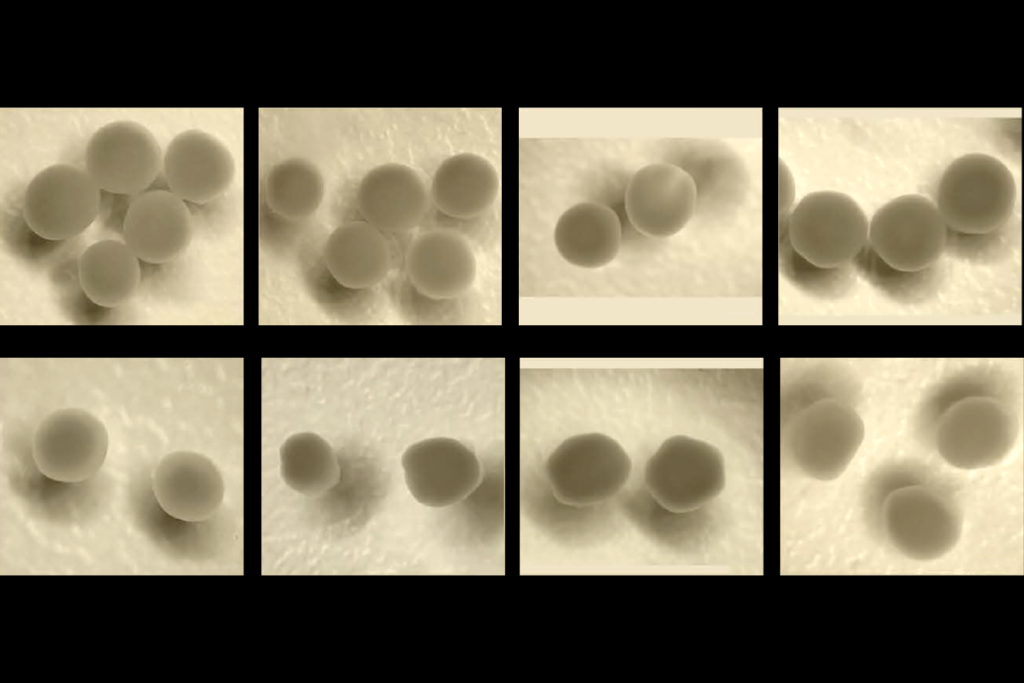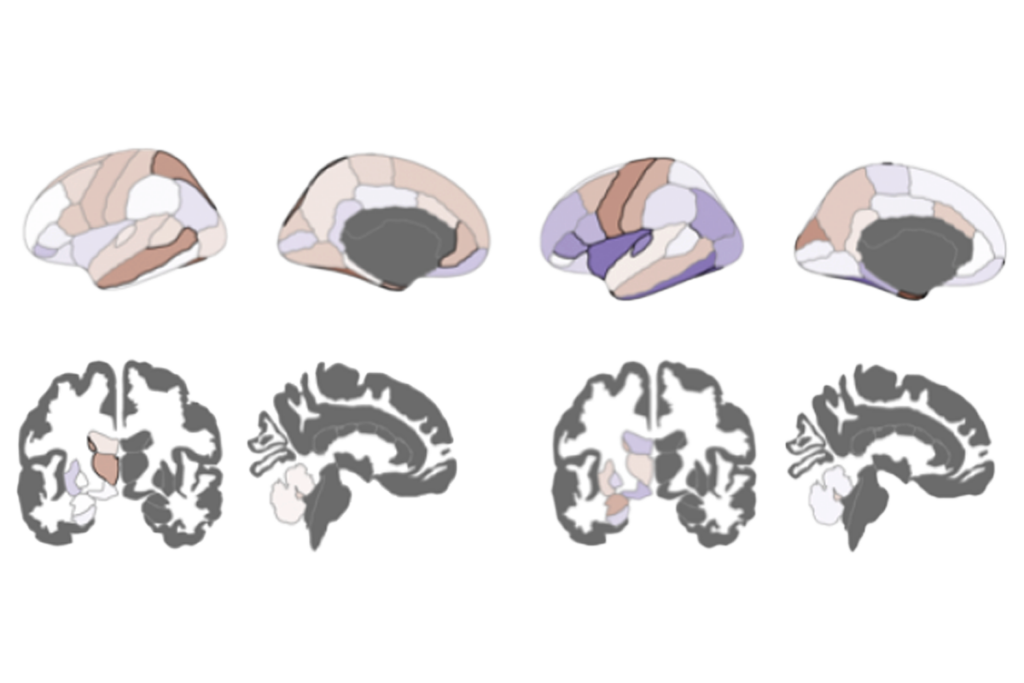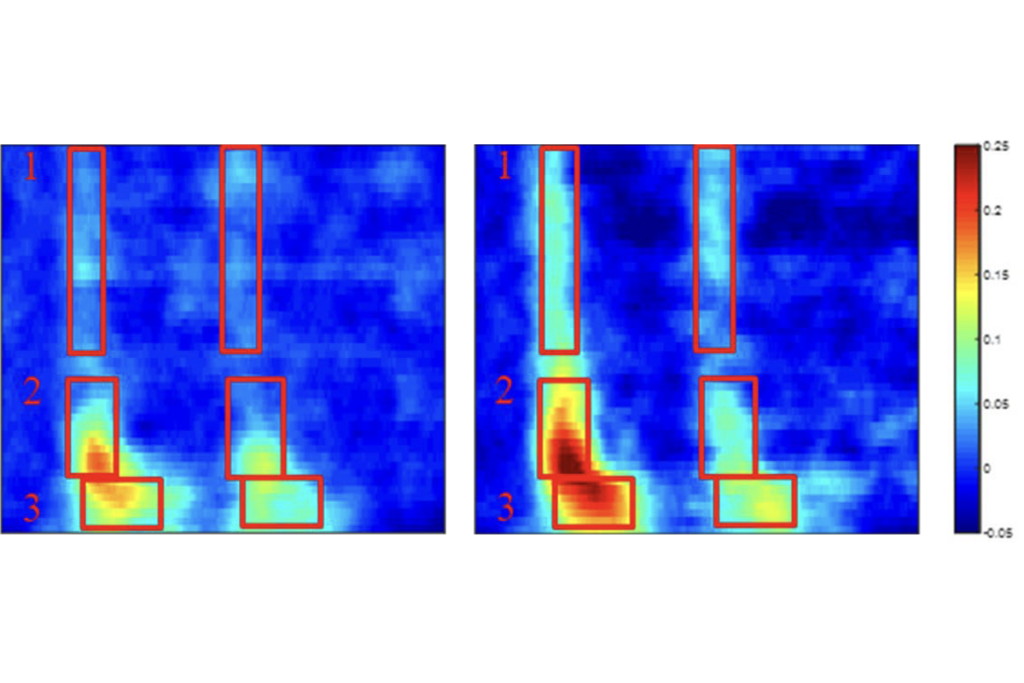Research digest: In this week’s roundup, we’re sharing papers that study gene-dosage effects, alternative splicing of the NRXN1 gene and sleep problems in autistic youth. We spotted two items, both from the same Yale University group, that investigate behavioral effects in SHANK3-deficient mice: One reported a decrease in sociability when the gene was down-regulated in the nucleus accumbens, and the other showed that deletion of the gene led to a heightened empathy response. The latter paper reminded us of a profile we published earlier this year about Peggy Mason, who encouraged parsimony in interpreting rodent models of empathy.
More autism research we spotted:
- “Exploring community perspectives on autism genetics research: Indications of supportive views and educational needs” Autism
- “Cell-type-resolved NRXN1 isoforms across human brain tissues and hiPSC organoids” bioRxiv
- “Deficiency of SHANK3 in the nucleus accumbens reveals a loss of social-specific motivation” Communications Biology






